Dr Alese discusses the importance of addressing health disparities among younger and minority populations and more.
Colorectal
Advertisement
Dr. Chakrabarti highlights 100% response with PD-1 blockade in dMMR rectal cancer and new chemoimmunotherapy for anal cancer.
Dr. Chakrabarti shares BREAKWATER, CheckMate 8HW, and CHALLENGE results improving metastatic colorectal cancer outcomes.
Dr. Chakrabarti highlights ATOMIC as the new standard for stage III dMMR colon cancer and compares it to the NICHE approach.
Dr. Lieu lists and describes DESTINY-Gastric04, CHALLENGE, MATTERHORN, BREAKWATER, and ATOMIC.
KRAS mutations drive GI cancers, but new inhibitors, vaccines, and combinations are advancing efforts to target them.
Dr. Kopetz explains how BREAKWATER aligns with Project FrontRunner to support accelerated approval in BRAF V600E-mutated CRC.
Dr. Weinberg recaps key ASCO Annual Meeting research, including MATTERHORN, ATOMIC CHALLENGE, BREAKWATER, and DYNAMIC-III.
Findings from the CheckMate 8HW trial highlight a potential shift in treatment strategy for patients with MSI-H/dMMR mCRC.
A three-year structured exercise program provided significantly longer DFS for patients with colon cancer.
The panel concludes with an in-depth discussion on the evolving role of ctDNA in colorectal cancer management.
The panel highlights the BREAKWATER study and explores practical considerations for therapy before biomarker results.
The panel discusses strategies for IO in CRC, including the ATOMIC trial and adoption of neoadjuvant checkpoint inhibition.
Roundtable Discussions
Advertisement


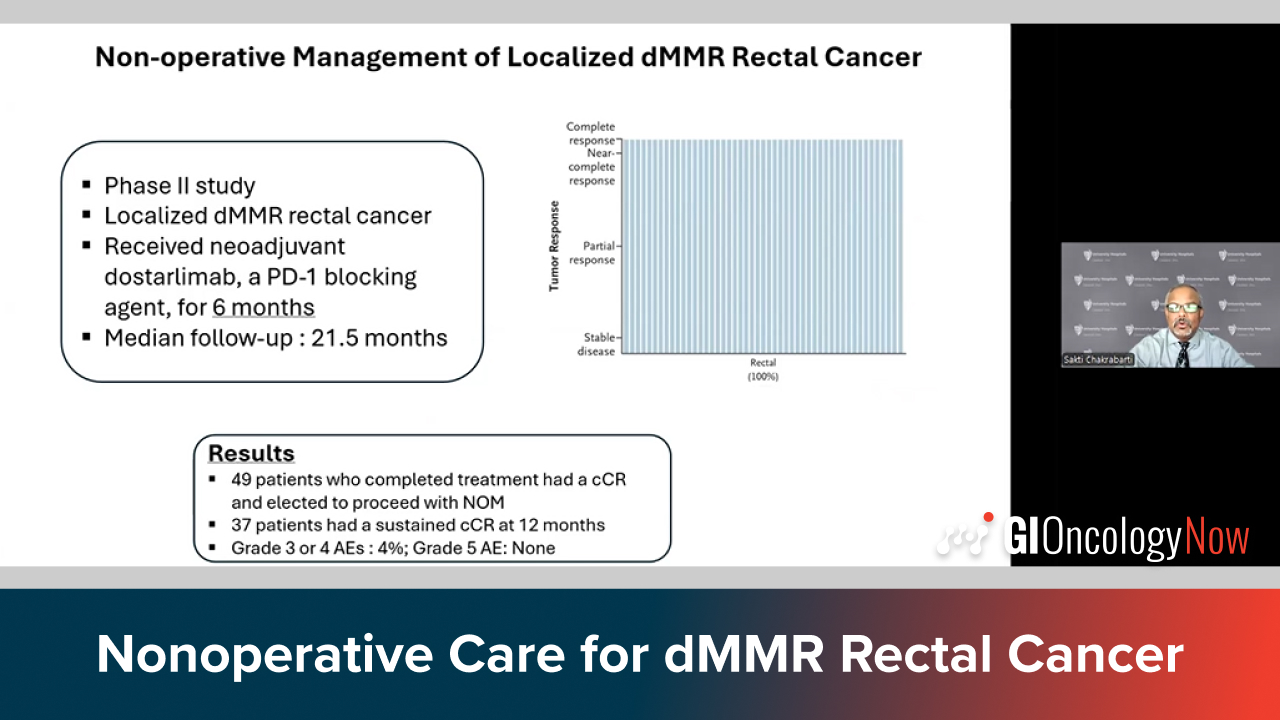
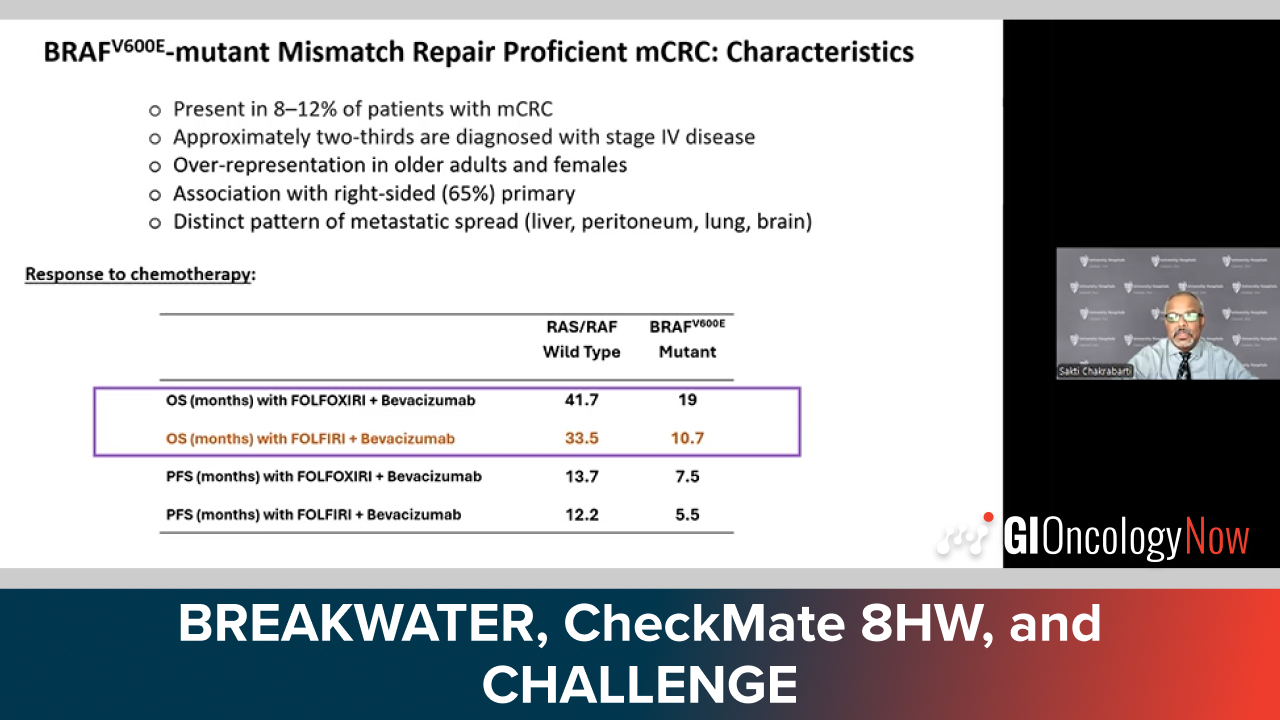
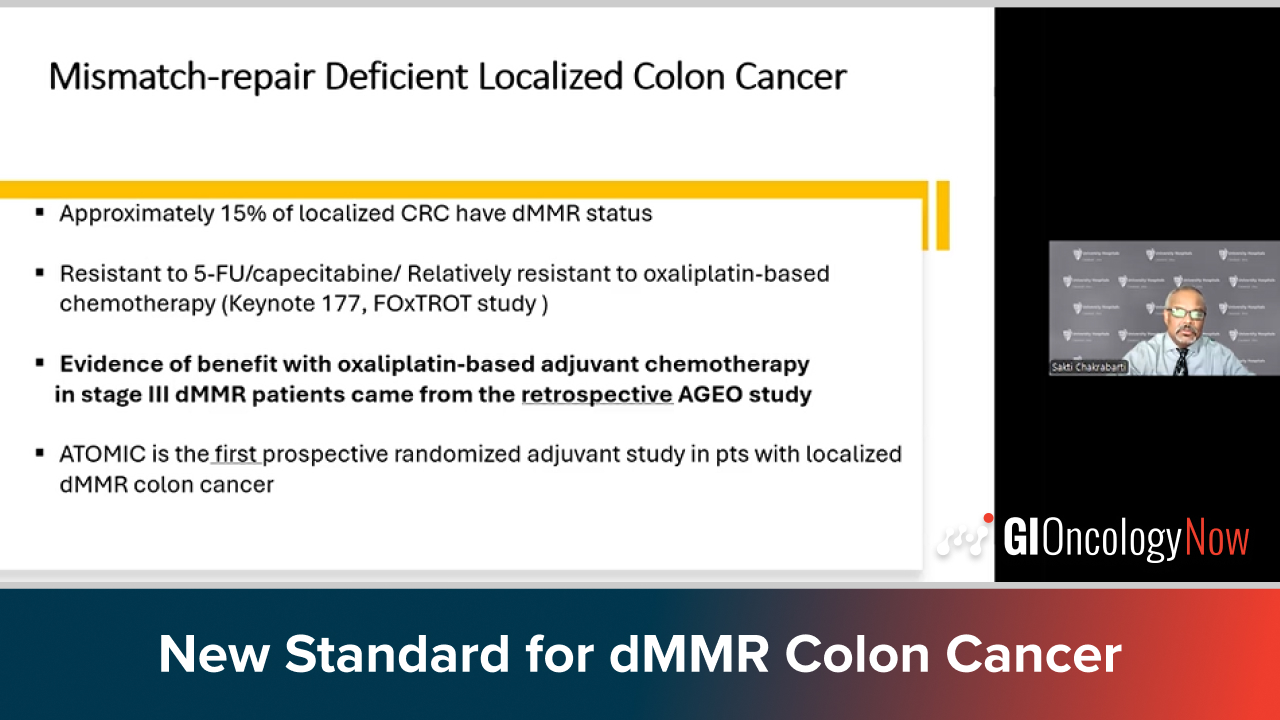

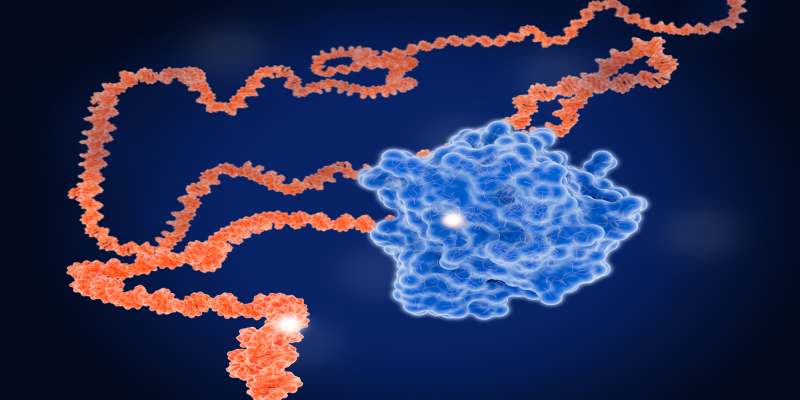

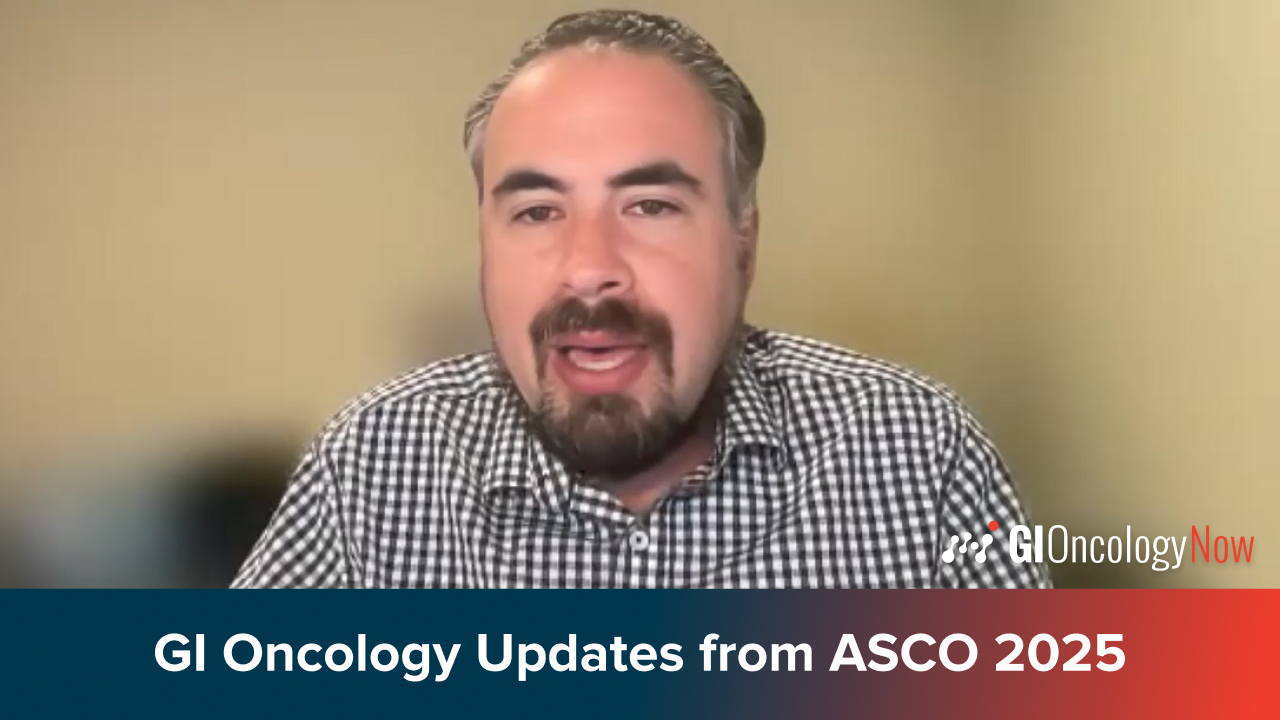


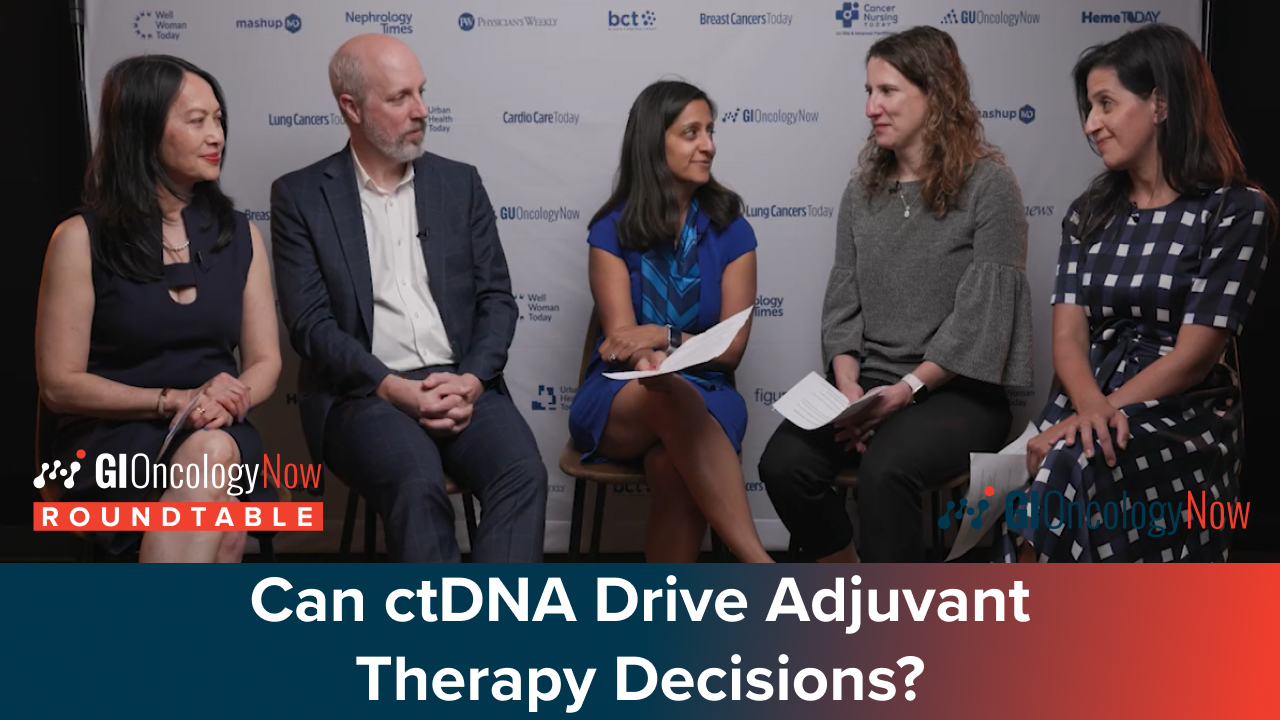
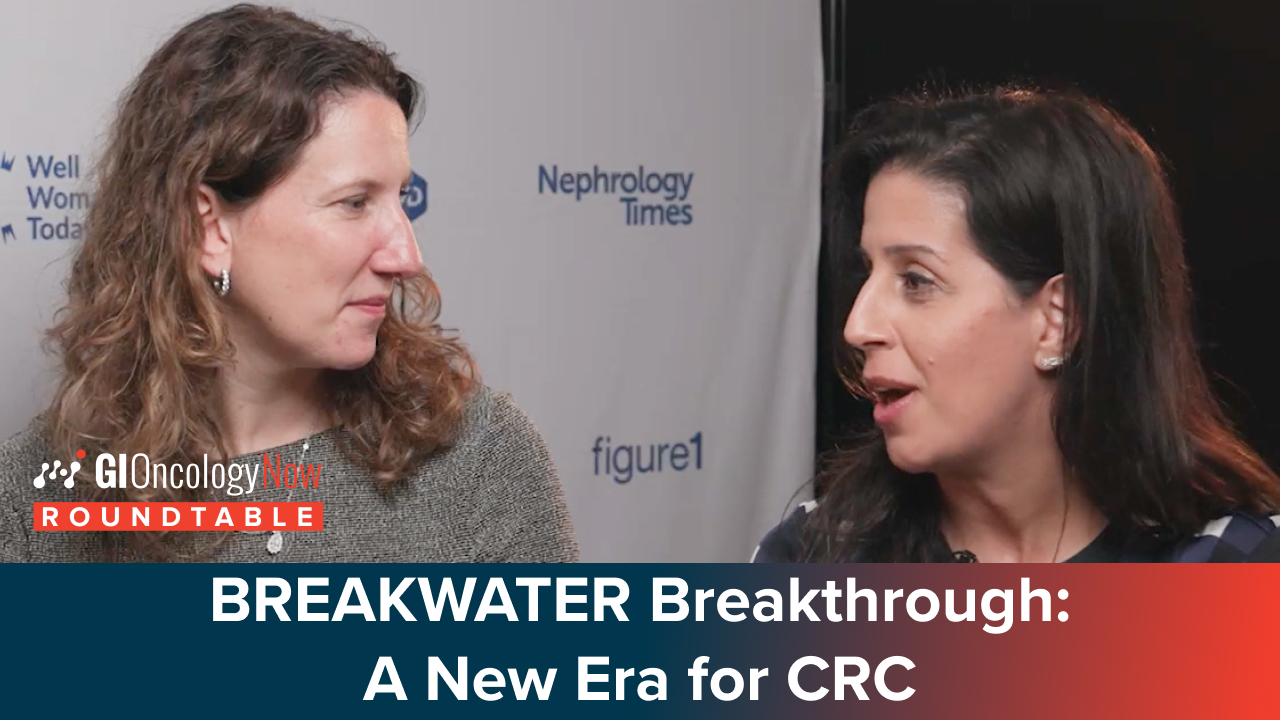
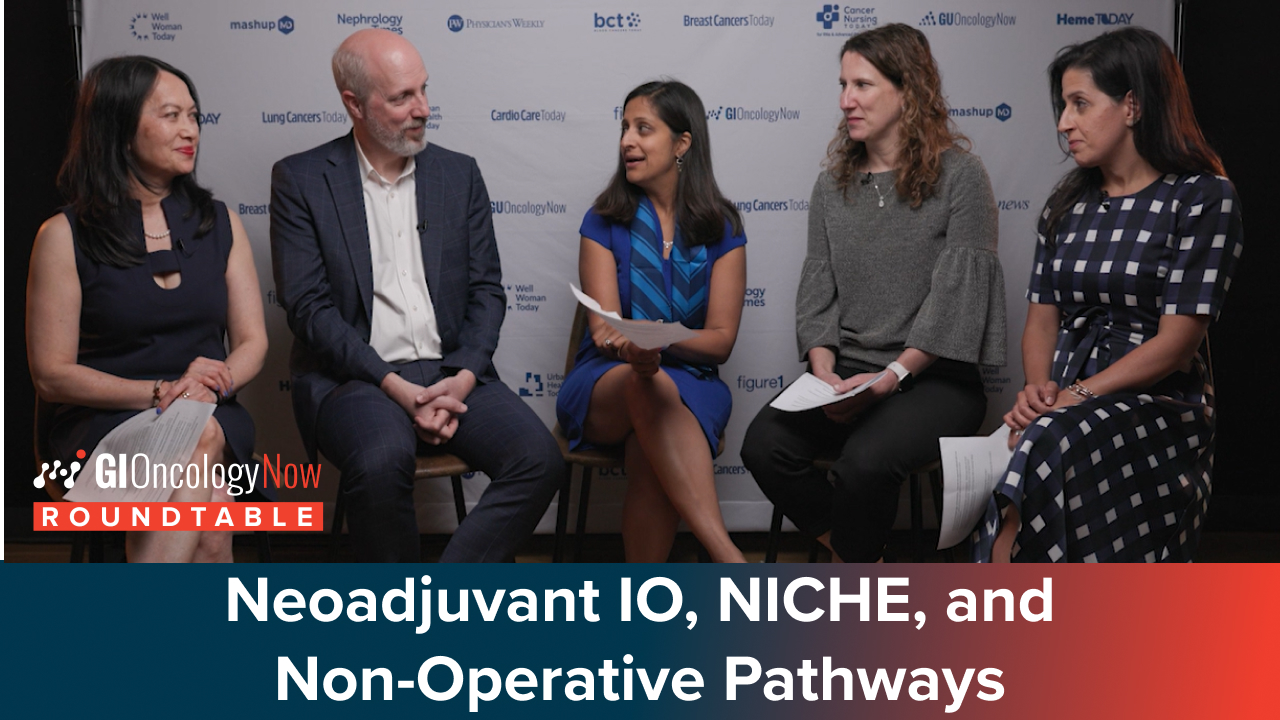

 © 2025 Mashup Media, LLC, a Formedics Property. All Rights Reserved.
© 2025 Mashup Media, LLC, a Formedics Property. All Rights Reserved.